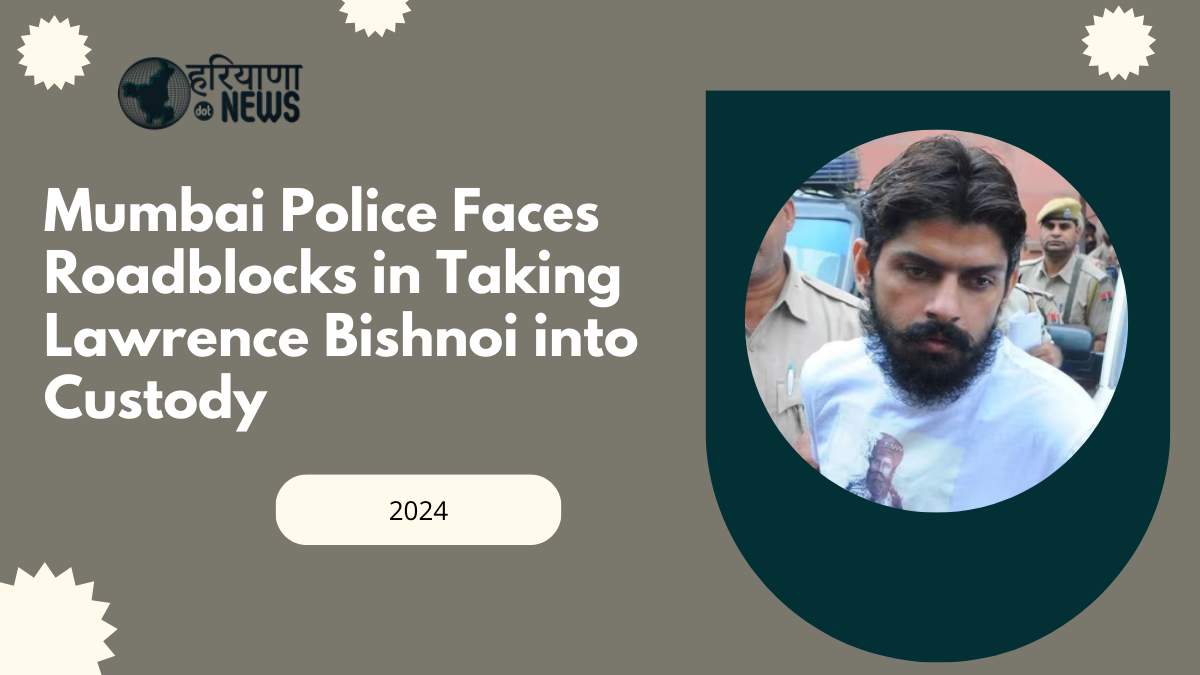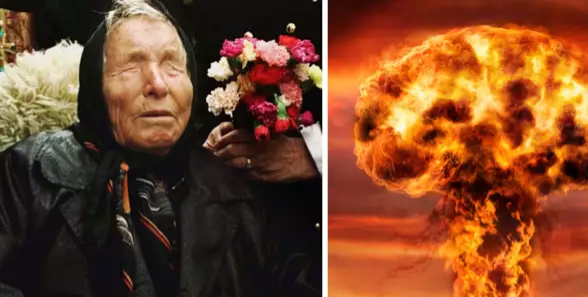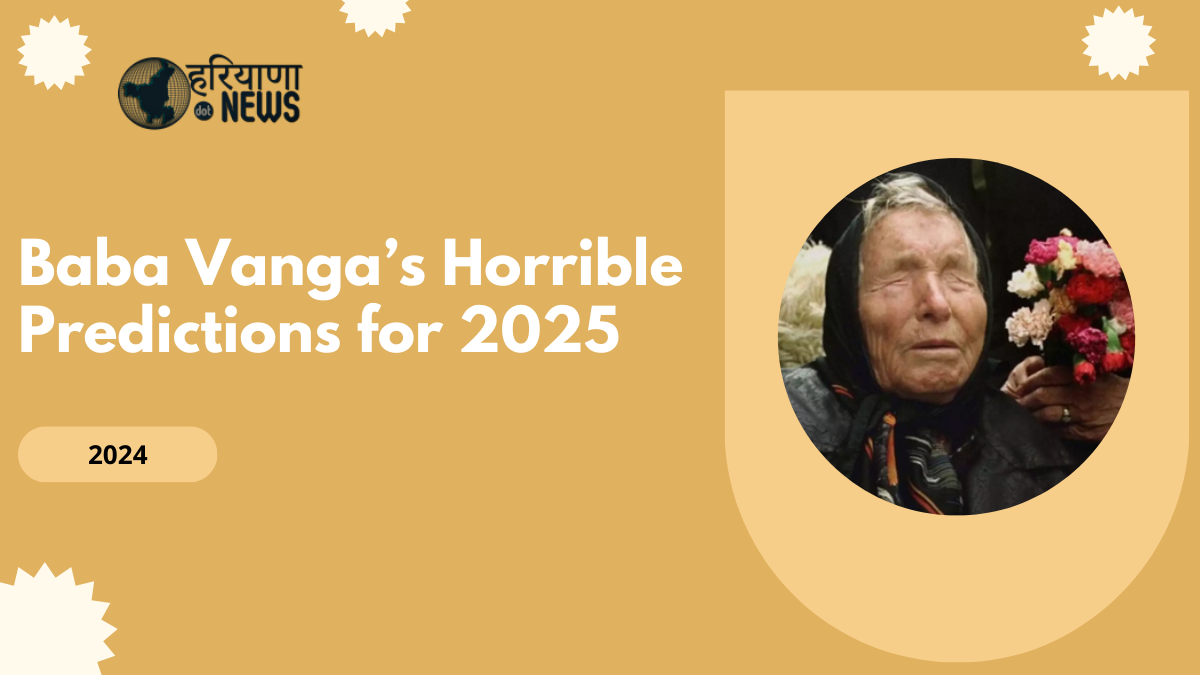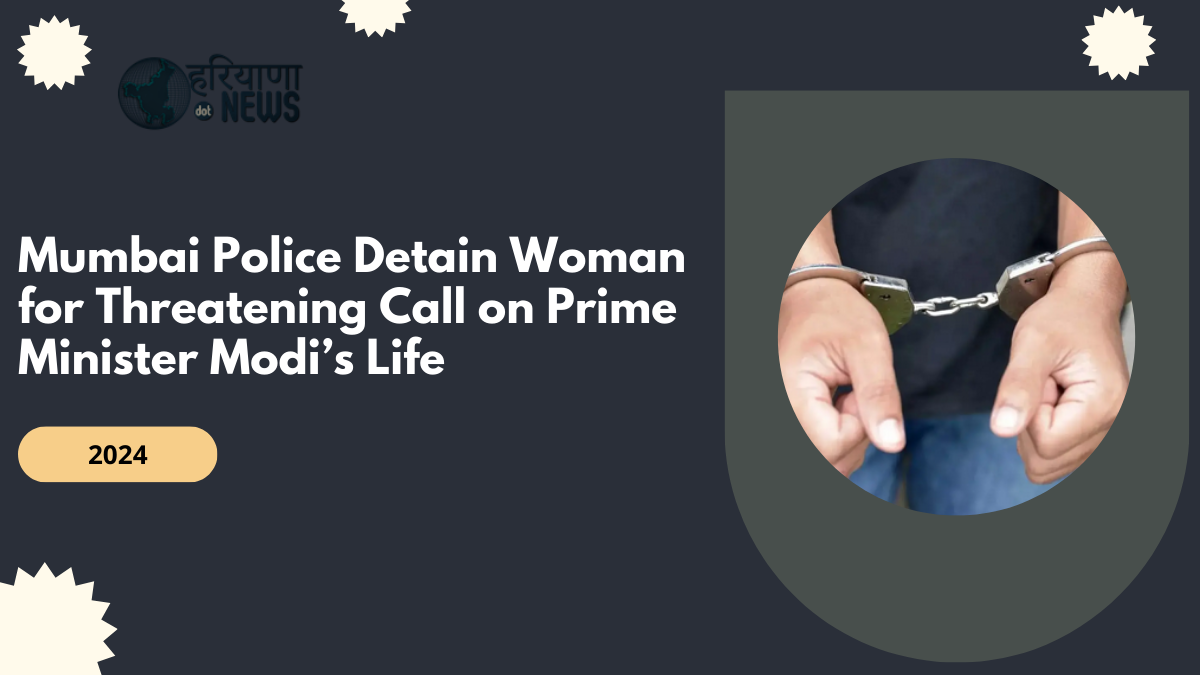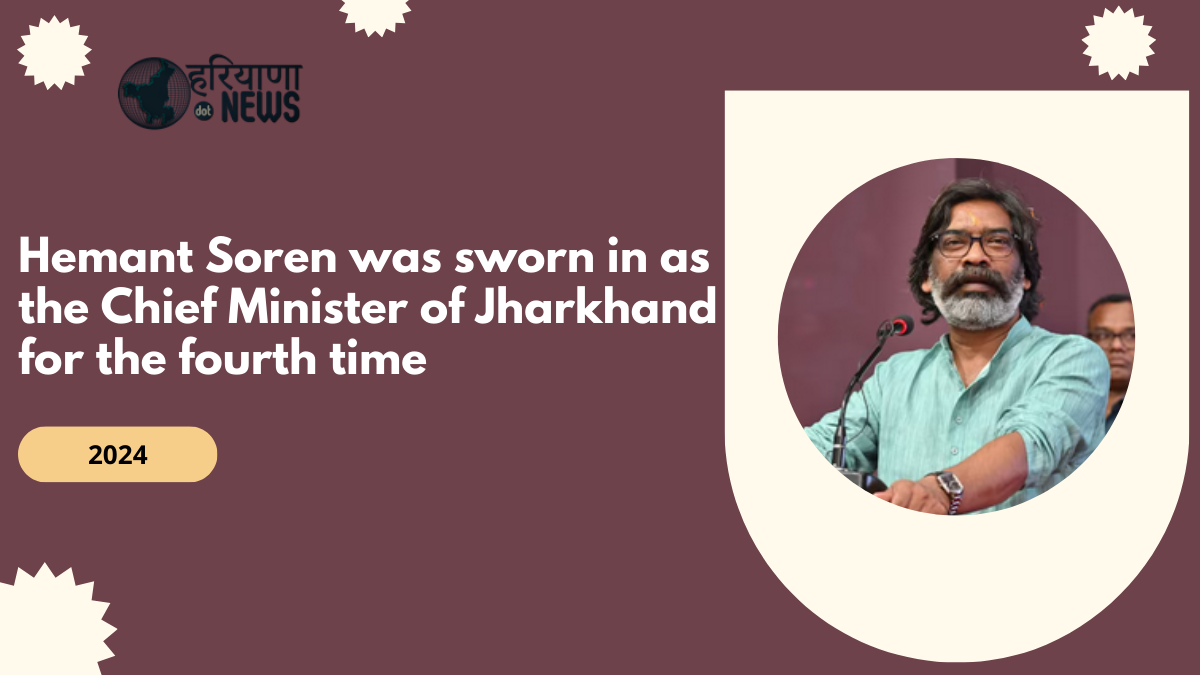The Mumbai Police have been struggling to bring notorious gangster Lawrence Bishnoi into their custody despite the fact that his gang has claimed responsibility for the murder of NCP leader Baba Siddique. Multiple requests for his custody have been made by the police, but legal and procedural barriers stand in the way.
According to a report from NDTV, the police have filed several applications to gain custody of Bishnoi, but their requests have been consistently rejected by the Ministry of Home Affairs. This refusal has become a significant obstacle in their investigation into the gang leader’s alleged crimes.
Ministry of Home Affairs Blocks Lawrence Bishnoi’s Transfer
Lawrence Bishnoi is currently imprisoned in Gujarat’s Sabarmati Jail in connection with a drug smuggling case. The Ministry of Home Affairs has denied his transfer from the jail, preventing the Mumbai police from interrogating him. The primary reason for this denial lies in an order issued under Section 268 of the Code of Criminal Procedure (CrPC). This section gives the government the authority to restrict the transfer of prisoners if their movement is deemed a threat to public safety or could disrupt law and order.
This specific order has made it impossible for any state or agency to take Bishnoi into custody for at least a year. Initially, the order was valid until August 2024. However, sources from NDTV have revealed that the Ministry of Home Affairs has extended this restriction for another year, pushing the date to August 2025. Essentially, until this deadline passes, the Mumbai police or any other law enforcement body will have to wait or find alternative ways to investigate him.
How Lawrence Bishnoi Operates from Jail
Despite being incarcerated, Bishnoi is far from cut off from his criminal empire. Reports indicate that the gangster enjoys a high level of access to mobile phones and internet connectivity, allowing him to maintain contact with his gang members across different states. He frequently uses Virtual Private Networks (VPNs) to hide his location, making it harder for authorities to track his activities.
Bishnoi not only makes phone calls but also communicates through encrypted messaging platforms like Signal and Telegram. This ensures that he can give his gang members instructions without fear of being intercepted. The phones he uses often belong to other inmates, but with the help of sophisticated VPN services, Bishnoi and his associates are able to stay under the radar.
High-Tech Criminal Operations
Bishnoi’s criminal network extends far beyond India’s borders. Earlier this year, a video call between Bishnoi and Pakistan-based gangster Shahzad Bhatti, conducted from inside his prison cell, was leaked on social media, highlighting his far-reaching influence. It’s believed that his connections are not only limited to the Indian subcontinent. Bishnoi’s gang is suspected of maintaining strong links with organized crime groups in North America.
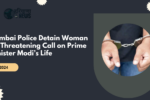 Mumbai Police Detain Woman for Threatening Call on Prime Minister Modi’s Life
Mumbai Police Detain Woman for Threatening Call on Prime Minister Modi’s Life
 Hemant Soren was sworn in as the Chief Minister of Jharkhand for the fourth time, took oath as Jharkhand’s 14th chief minister
Hemant Soren was sworn in as the Chief Minister of Jharkhand for the fourth time, took oath as Jharkhand’s 14th chief minister
 India’s Strategic Breakthrough: Advancing SLBM Capabilities with INS Arighaat
India’s Strategic Breakthrough: Advancing SLBM Capabilities with INS Arighaat
 Chinmoy Das Arrest: High Court Petition Seeks Ban on ISKCON Amid Rising Violence Against Hindus in Bangladesh
Chinmoy Das Arrest: High Court Petition Seeks Ban on ISKCON Amid Rising Violence Against Hindus in Bangladesh
 Bangladesh Police Use Tear Gas and Batons Against Hindu Protesters After Chinmoy Das’ Arrest
Bangladesh Police Use Tear Gas and Batons Against Hindu Protesters After Chinmoy Das’ Arrest





Furthermore, his gang is said to have ties to Khalistani terrorists and separatist groups operating out of Canada. These connections suggest that Bishnoi’s operations are part of a much larger and more complex web of international crime and terror networks. The ease with which he is able to communicate and coordinate from inside a high-security prison raises severe concerns about prison security and the effectiveness of law enforcement in curbing such activities.
Conclusion
The Mumbai police’s inability to take Lawrence Bishnoi into custody reflects the legal complexities involved in dealing with high-profile criminals like him. While his gang continues to operate under his direction, Bishnoi remains safely out of the reach of law enforcement, protected by legal barriers and his prison’s walls. Until the Ministry of Home Affairs lifts the current restrictions, the police will be forced to watch from the sidelines, unable to question him about his alleged involvement in various crimes directly.
This situation highlights the challenges law enforcement agencies face when trying to bring dangerous criminals to justice, mainly when legal protections and advanced technologies are being used to shield them. The need for more stringent measures to prevent criminals from operating behind bars has never been more pressing.
Click here to know more.

